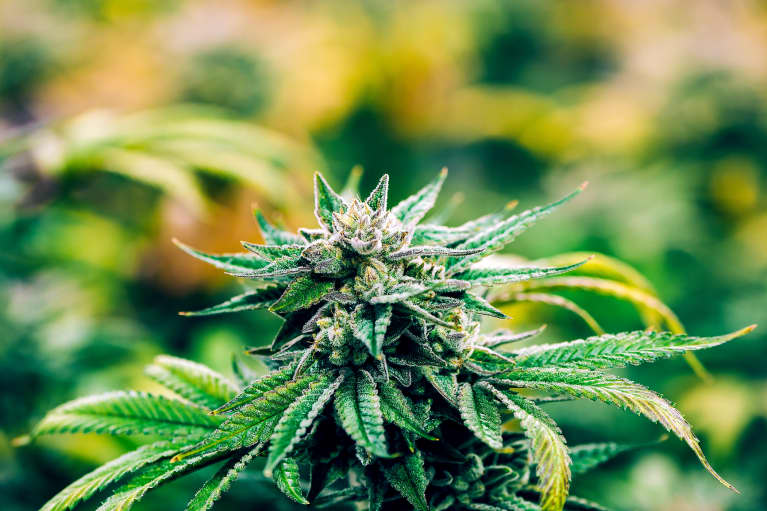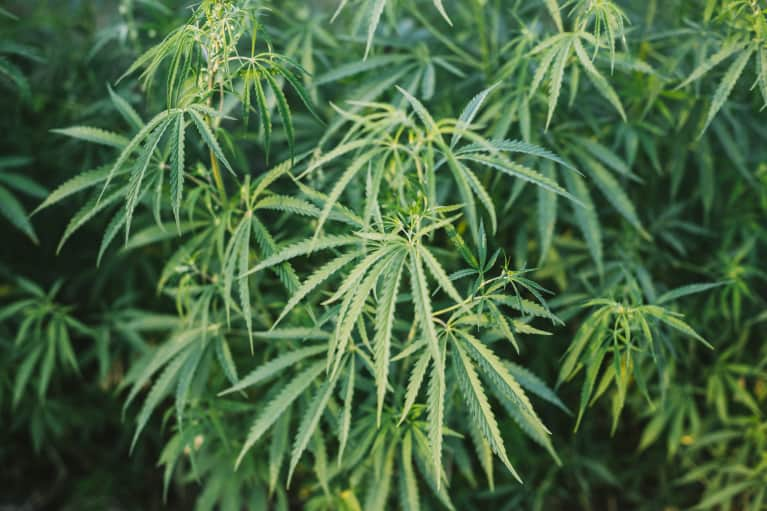In the United States, we're in the middle of a cannabis revolution. Our nation is slowly waking up to the truth that cannabis, what was once dubiously considered a dangerous psychoactive substance, is not only safe but extremely versatile in its medical benefits. This has been reflected in the sales of legal cannabis products, which is expected to grow from $6.6 billion in 2016 to $24.1 billion in 2025.
But even with the recent acknowledgment of the therapeutic benefits of cannabis in the medical literature, there is still a lot of confusion. It's important to clear up the murkiness surrounding cannabis products and their legality first. Then we can all focus on the benefits of hemp oil as well as the ins and outs of buying and taking it.









